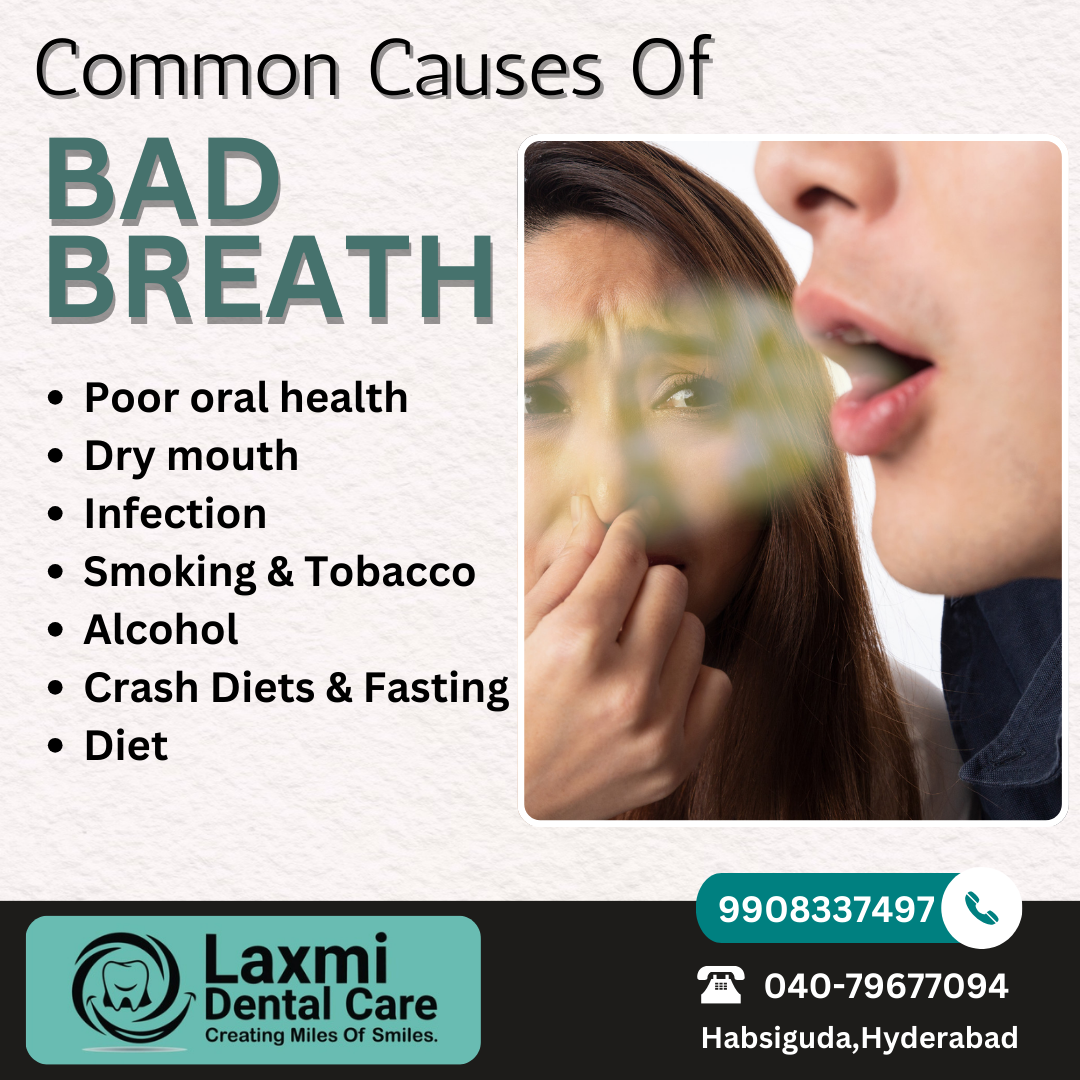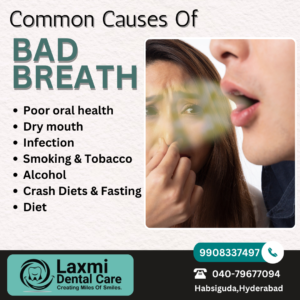Bad Breath: Smoking contributes to bad breath (halitosis) due to the accumulation of tobacco residues and the presence of harmful chemicals in tobacco products.
Nicotine and Blood Flow: Smoking reduces blood flow to the gums, which impairs the delivery of essential nutrients and oxygen. This compromise in blood flow can lead to inflammation and damage to the delicate gum tissues.
Plaque and Tartar Buildup: Smoking promotes the accumulation of plaque and tartar on teeth. Plaque is a sticky film of bacteria that, when combined with tobacco residue, can harden into tartar. Both contribute to tooth decay and gum disease.
Weakened Immune Response: Smoking weakens the immune system, making it less effective in combating infections. In the oral cavity, this can result in increased susceptibility to bacteria, leading to more severe and persistent gum infections.
Cellular Damage: The chemicals in tobacco smoke can cause cellular damage in the oral tissues, making the gums more vulnerable to infections and hindering the healing process.
Altered Microbial Balance: Smoking alters the balance of beneficial and harmful bacteria in the mouth. This disruption can contribute to an environment that favors the growth of harmful bacteria, increasing the risk of cavities and gum disease.
Oral Cancer Risk: Tobacco smoke contains carcinogens that significantly elevate the risk of developing oral cancer. This risk extends to the lips, tongue, cheeks, and throat.
Impact on Salivary Glands: Smoking can reduce saliva production, leading to a condition known as dry mouth. Saliva is essential for neutralizing acids, washing away debris, and protecting teeth from decay.
Delayed Wound Healing: Smoking can impair the body’s ability to heal after oral surgeries, extractions, or other dental procedures. This can result in complications such as infections and delayed recovery.
Quitting smoking can greatly improve oral health and reduce the risk of these dental issues. It’s essential to maintain good oral hygiene practices, visit the dentist regularly, and seek support if you’re trying to quit smoking.



